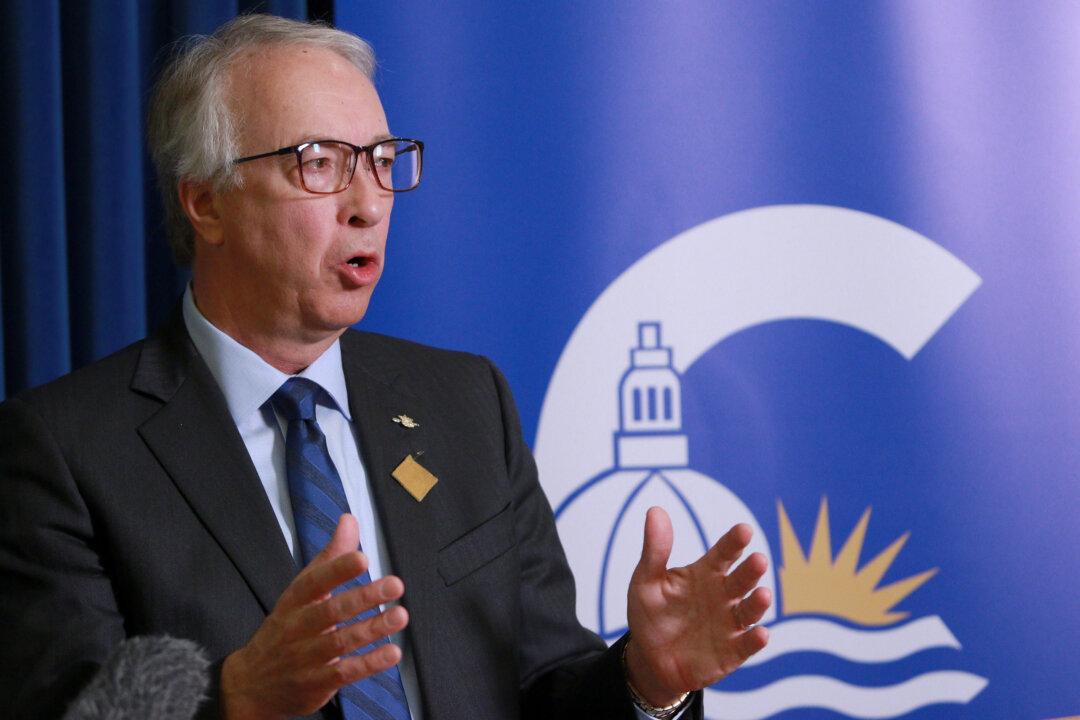The Canadian Security Intelligence Service has briefed Conservative Party of B.C. Leader John Rustad on the issue of foreign interference, according to a media report.
Mr. Rustad, whose party has been surging in the polls and has welcomed defectors from the Opposition party BC United party, would have received the briefing sometime in July, theBreaker.news reported July 30.





